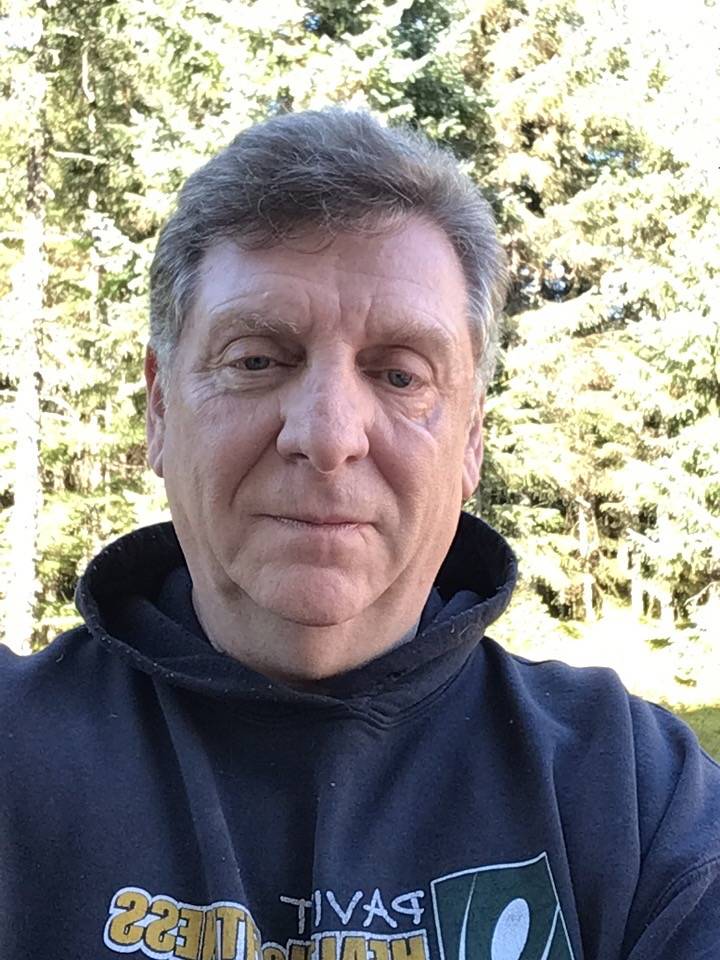By Alexander B. Dolitsky
During the Cold War, people of the Soviet Union had little except their secret faith in God and hope for a better life.
Economic, political, military and ideological tensions between the Soviet Union and United States during the Cold War affected Soviet people across all socio-economic spheres: shortages of goods and food products; government-controlled economy, rigid censorship of social media, science, literature, entertainment and fine arts; inability to travel abroad by a majority of Soviet citizens; the Communist Party control of the election process; persistent Marxist-Leninist propaganda at all social and educational levels; unprecedented government corruption in all spheres of life; and only one political party — the Communist Party, with its presiding Politburo, in charge of the entire country and its citizens.
And these are only few of many features of the Socialist socio-economic system, with underlining Marxist-Leninist ideology, established to guard Soviet Socialist regime from a free world — synonymous to today’s North Korean dictatorship.
A warming period during the Cold War between the Soviet Union and United States began with the Duke Ellington orchestra’s 1971 visit to the Soviet Union, as the most important and publicized tour sponsored by the U.S. State Department. Ellington’s tour of the Soviet Union occurred during the efforts of President Richard Nixon and National Security Adviser Henry Kissinger to establish détente at the height of the Cold War.
Ellington found acceptance by the Soviet people and reluctance of the Soviet government to censor American jazz. Although Ellington was an apolitical musician, he wanted his performances to embody the differences between what he viewed as the freedom and democracy in America and lack of freedoms and democracy in the Soviet Union.
Ellington’s orchestra performed in the major cities in the Soviet Union, including Kiev, the capitol of Ukraine. As a student of the history faculty of the Kiev Pedagogical Institute, I, driven by academic interest in American culture, attended his concert that was held at the Sport Arena. To my surprise, only half of the arena was occupied during the concert. Rather than obvious enthusiasm and excitement among attendees, there was only an atmosphere of uncertainty and intellectual curiosity.
After a short introduction, the concert began, with some unfamiliar and discordant musical sounds to my ears. And, indeed, I had been well-versed in classical music. To me, Ellington’s orchestra sounded like a rehearsal by obscure musicians.
At some moment of the concert, a Black voluptuous woman appeared on the stage— a vocalist named Ella Fitzgerald. She accompanied Duke Ellington during his tour of the Soviet Union. I could not connect with her performance either. Soviet indoctrination in Socialist Realism inherently dictated my understanding and preferences in music, literature and other forms of fine art.
Certainly, it was not an imperfection of the performers during the concert that caused my dislike, but my lack of knowledge, familiarity and, subsequently, appreciation for the American jazz. After the intermission, I left the concert early, thinking to myself, “What a waste of time and money.”
Many of my classmates who attended Ellington’s concert shared with me a similar view and experience.
On May 22, 1972, Richard Nixon became the first U.S. president to visit Moscow to begin a summit meeting with the Soviet Chairman of Politburo Leonid Brezhnev. On May 26, Nixon and Brezhnev signed two landmark nuclear arms control agreements. The Strategic Arms Limitation Treaty was the most significant of the agreements reached during the summit.
Like Duke Ellington, Nixon visited several major cities in the Soviet Union during his trip, including my home town — Kiev, Ukraine. I recall that all streets were blocked and secured in places where his escort was to pass from one point of the city to another. Numerous secret service agents were guarding these streets, as well as windows of the apartments that were facing those streets.
Soviet citizens sincerely believed that, after Nixon’s visit to the Soviet Union, their life would improve with plentiful and high-quality goods and services made available to them through the introduction of a free-market economic system. This wishful dream became a reality only 20 years later—in the 1990s, after a dissolution of the Soviet Union and a collapse of the Socialist regimes in East European countries, including the Soviet Union.
• Alexander B. Dolitsky was born and raised in Kiev in the former Soviet Union. He received an M.A. in history from Kiev Pedagogical Institute, Ukraine, in 1977; an M.A. in anthropology and archaeology from Brown University in 1983; and was enroled in the Ph.D. program in anthropology at Bryn Mawr College from 1983 to 1985, where he was also a lecturer in the Russian Center. In the U.S.S.R., he was a social studies teacher for three years, and an archaeologist for five years for the Ukranian Academy of Sciences. In 1978, he settled in the United States. He lived first in Sitka in 1985 and then settled in Juneau in 1986. From 1985 to 1987, he was a U.S. Forest Service archaeologist and social scientist. He was an Adjunct Assistant Professor of Russian Studies at the University of Alaska Southeast from 1985 to 1999; social studies instructor at the Alyeska Central School, Alaska Department of Education from 1988 to 2006; and has been the Director of the Alaska-Siberia Research Center from 1990 to present. Columns, My Turns and Letters to the Editor represent the view of the author, not the view of the Juneau Empire. Have something to say? Here’s how to submit a My Turn or letter.

